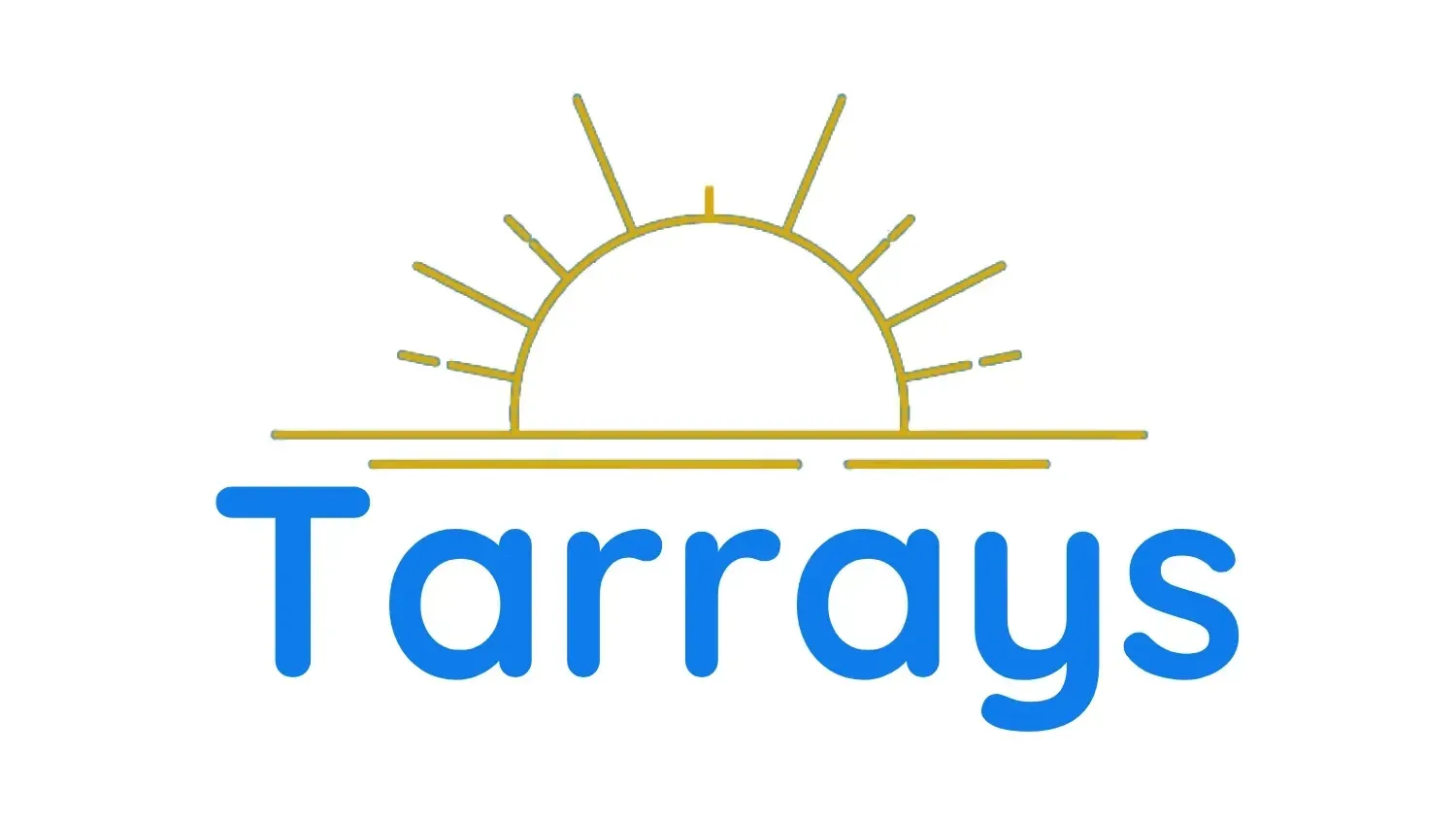How to Improve Recruitment and Retention in Aged Care
The aged care sector faces significant challenges in recruitment and retention, impacting the quality of care provided to elderly individuals. As the population ages and demand for services increases, addressing workforce issues has become crucial for ensuring sustainable, high-quality care. You'll find that improving recruitment and retention in aged care requires a multifaceted approach that considers the needs of both employees and employers.
To tackle these challenges, you need to focus on key areas that influence staff satisfaction and longevity in the sector. This article explores strategies to enhance education and training, implement flexible work arrangements, and address burnout and stress among aged care workers. By understanding and applying these approaches, you can create a more stable and skilled workforce, ultimately leading to better outcomes for both staff and the elderly individuals they care for.
Enhancing Education and Training
To improve recruitment and retention in aged care, you need to focus on enhancing education and training opportunities for your workforce. By investing in your employees' skills and knowledge, you can create a more competent and satisfied team, ultimately leading to better care for the elderly.
Partnerships with Universities
Collaborating with universities can bring significant benefits to the aged care sector. For instance, the University of Sydney has received funding from the Australian Government to work on a project aimed at improving the independence, health, and wellbeing of people living with dementia in residential aged care. This partnership involves working with dementia and aged-care industry leaders to promote the implementation of person-centred reablement support.
Reablement programmes focus on setting goals and strategies to help individuals maintain or improve their independence and function. These programmes have shown benefits for people living with dementia in the community, helping them maintain independence for as long as possible. Over the next five years, the project will involve co-designing, implementing, and assessing the effectiveness of reablement programmes with the ultimate goal of disseminating a sustainable reablement model for residential aged care.
Such partnerships bring together multidisciplinary research teams comprising experts in various fields, including nursing, speech pathology, physiotherapy, neuropsychology, occupational therapy, dietetics, health economics, geriatric medicine, and policy development. This collaborative approach ensures a comprehensive and well-rounded approach to enhancing aged care education and training.
Specialised Aged Care Training Programmes
To address the specific needs of the aged care sector, specialised training programmes are essential. TAFE Queensland, for example, offers a range of courses in individual and ageing support, from skill sets to certificate IV level qualifications. These courses open up various career options in aged care, personal care, respite care, and home and community care.
As a TAFE Queensland student, you'll learn in simulated working environments, which will develop your practical skills and prepare you for real-world situations. You'll also gain valuable experience in real workplaces under the supervision of qualified, industry-experienced professionals. This approach ensures that you learn the skills you need while also getting to know potential future employers.
Some of the specialised courses offered include:
- Certificate III in Individual Support (Ageing): This mid-level qualification provides the skills and knowledge needed to work as an aged care worker.
- Certificate III in Individual Support (Ageing, Home and Community): This entry-level qualification offers practical skills and knowledge to provide individual support in an aged care setting.
- Certificate III in Individual Support (Disability): This entry-level qualification prepares you for a career in disability services, providing individual support in home and community care settings.
- Certificate III in Aboriginal and/or Torres Strait Islander Primary Health Care: This entry-level course qualifies you to work as an Indigenous health care worker in Aboriginal and/or Torres Strait Islander primary health care in the community or private and public health care sectors.
Ongoing Professional Development
Professional development is crucial for upskilling, learning, and growth in the aged care sector. It contributes to a range of benefits for carers, their employers, and the recipients of their care. To get the most out of upskilling and training your team, you need to show your employees that professional development will be worth their time and energy.
Here are some key aspects of effective ongoing professional development:
- Tailored Training: Be innovative and tailor your professional development to your unique business and staff. Talk to your employees, listen to what they want and need, and use anonymous surveys to gather feedback and insights to guide your approach.
- Respect for Time: Schedule training in a way that is respectful of employees' lives and other commitments. Ensure that the professional development is goal-oriented, enabling them to extend their skills with the potential view of advancing in their careers.
- Varied Learning Opportunities: Offer a range of professional development opportunities, such as:
- Workshops and training programmes covering essential onboarding, general work considerations, and specific skill training
- On-the-job learning for practical experience
- Mentorship and coaching programmes to provide valuable insights and guidance
- Access to aged care conferences and seminars for networking and learning from industry leaders
- Support for tertiary courses and qualifications required for specific aged care jobs
By implementing these strategies for enhancing education and training, you can create a more skilled and satisfied workforce, leading to improved recruitment and retention in the aged care sector.
Implementing Flexible Work Arrangements
To improve recruitment and retention in aged care, you need to consider implementing flexible work arrangements. These arrangements can help you attract and retain skilled professionals by offering a better work-life balance. By adapting to the diverse needs of your workforce, you can create a more appealing and accommodating work environment.
Part-time and job-sharing options
Part-time work has become an increasingly popular option in the aged care sector. This arrangement allows employees to work fewer than full-time hours, with the days and hours worked potentially varied by mutual agreement. For instance, you might offer temporary part-time or reduced hours arrangements to accommodate employees' changing needs.
Job sharing is another flexible option where a full-time role is undertaken by more than one employee. Each employee is paid on a part-time basis for the hours they work. This arrangement can be particularly beneficial for employees who want to maintain their career progression while also managing other commitments.
To implement job sharing effectively:
- Discuss how the employees will split up or share the duties of the role
- Establish clear communication channels between job-sharing partners
- Set up regular meetings to ensure smooth handovers and continuity of work
- Create individual performance plans for each job-sharing employee
Flexible scheduling
Flexible scheduling allows employees to have more control over their work hours. This can include changes to start and finish times, split shifts, or variations in work patterns. By offering flexible scheduling, you can help your employees better manage their personal commitments while still meeting the needs of your organisation.
Some examples of flexible scheduling in aged care include:
- Allowing employees to start work at 10 am instead of 9 am to accommodate school drop-offs
- Implementing split shifts to cover peak care times while giving employees longer breaks
- Offering compressed work weeks, where employees work full-time hours over fewer days
When considering flexible scheduling requests, you need to respond in writing within 21 days. Your response should indicate whether the request is approved or refused. If you refuse a request, you must have reasonable business grounds and explain these in your written response.
Remote work opportunities where possible
While direct care roles in aged care often require on-site presence, there may be opportunities to offer remote work for certain positions or tasks. Remote working allows employees to work from home or another location outside the traditional workplace.
You might consider implementing:
- Hybrid working arrangements, combining remote work with on-site duties
- Occasional work-from-home days for administrative tasks or report writing
- Remote options for team meetings or training sessions
When implementing remote work opportunities, ensure you have clear policies and guidelines in place. Address issues such as:
- Technology requirements and support
- Communication expectations
- Work hours and availability
- Data security and confidentiality
By offering these flexible work arrangements, you can create a more attractive work environment in the aged care sector. This can lead to improved recruitment and retention of skilled professionals, ultimately enhancing the quality of care provided to elderly individuals.
Remember, the key to successful implementation lies in open communication, clear policies, and a willingness to adapt to the changing needs of your workforce. Regularly review and assess your flexible work arrangements to ensure they continue to meet both employee and organisational needs.
Addressing Burnout and Stress
Working in aged care can be incredibly rewarding, but it also comes with significant challenges that can lead to burnout and stress. To improve recruitment and retention in this sector, you need to address these issues head-on. By implementing strategies to support mental health, manage stress, and promote self-care, you can create a more resilient and satisfied workforce.
Mental health support
The nature of aged care work can have a substantial impact on mental health, potentially leading to fatigue or depression. To combat this, you should prioritise mental health support for your staff. This can include:
- Providing access to counselling services
- Offering regular check-ins with supervisors or mental health professionals
- Creating a supportive team environment that encourages open communication
It's crucial to recognise the signs that suggest a person is not coping. These can include physical and emotional exhaustion, poor sleep, headaches, negativity, lack of enjoyment, ineffective work, and absence from work. Encourage your staff to report these signs to nursing or supervisory staff promptly.
To foster a mentally healthier workplace, consider implementing Mental Health First Aid training. This can help your staff:
- Recognise changes in their own moods, mental health, or stress levels
- Identify warning signs of trauma or burnout in care recipients and colleagues
- Normalise asking for help and supporting one another
Stress management programmes
Stress management is crucial in aged care, where workers often face challenging situations and emotional strain. To help your staff manage stress effectively, consider implementing the following programmes:
- Regular exercise sessions: Organise group activities like yoga or tai chi, which combine fluid movements with deep breathing and mental focus to induce calm.
- Relaxation techniques: Teach methods such as deep breathing exercises or meditation to help staff unwind during breaks.
- Time management workshops: Help your staff learn to balance their work responsibilities and personal life more effectively.
- Social support networks: Encourage the formation of peer support groups where staff can share experiences and coping strategies.
Remember, chronic, low-level stress can have serious health implications, including killing brain cells, adding fat to our bellies, and accelerating ageing. By implementing effective stress management programmes, you can help your staff avoid these negative outcomes and maintain their well-being.
Promoting self-care
Self-care is essential for maintaining balance in life, especially for those working in aged care. Encourage your staff to develop self-care plans and strategies that promote their physical and emotional well-being. Here are some ways to promote self-care:
- Educate staff on the importance of self-care: Help them understand that taking care of themselves is not selfish but necessary to provide quality care to others.
- Encourage 'me-time': Promote the idea of taking at least 15 minutes every day for personal relaxation or enjoyment, free from work-related tasks and devices.
- Support healthy lifestyle choices: Provide resources and incentives for staff to maintain a balanced diet, exercise regularly, and get adequate sleep.
- Foster social connexions: Encourage staff to maintain relationships with friends and family outside of work, as social support is crucial for mental health.
- Offer grief and bereavement support: Acknowledge that repeated grief over the death of residents or clients is not unusual and may contribute to stress or burnout. Provide resources to help staff process these emotions.
By addressing burnout and stress through mental health support, stress management programmes, and promoting self-care, you can create a more supportive work environment in aged care. This approach not only benefits your staff but also enhances the quality of care provided to elderly individuals, ultimately improving recruitment and retention in the sector.
Conclusion
Improving recruitment and retention in aged care has a significant impact on the quality of care provided to elderly individuals. By enhancing education and training, implementing flexible work arrangements, and addressing burnout and stress, care providers can create a more appealing and supportive work environment. These strategies not only attract skilled professionals but also help to keep them engaged and committed to their roles in the long term.
To wrap up, the key to success lies in a holistic approach that considers the needs of both employees and employers. By investing in staff development, offering work-life balance, and promoting mental health and self-care, aged care organisations can build a more stable and skilled workforce. This, in turn, leads to better outcomes for both staff and the elderly individuals they care for, ensuring a sustainable future for the aged care sector.












